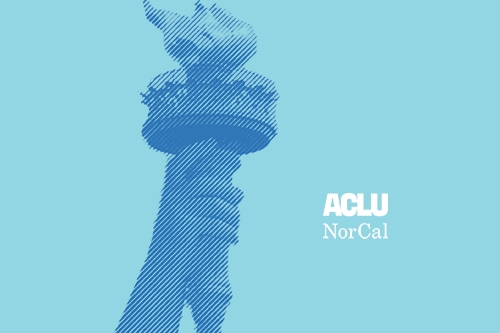Article Media

San Francisco – For almost five years, the State of California has engaged in a protracted legal battle over its method of execution: lethal injection. During this time period, executions in California have been on hold. Now, the state is rushing to carry out an execution next week, even though none of the legal questions have been answered.
"There are still three pending lawsuits that challenge the lethal injection regulations – but the state moved forward with setting an execution anyway," said Professor Ellen Kreitzberg who runs the Death Penalty College at Santa Clara Law School. "These legal questions cannot be resolved in a week. Why is the state rushing ahead, before the courts have had a chance to consider these important issues?"
"The stakes are too high and there are too many uncertainties to continue," Natasha Minsker, Death Penalty Policy Director at the ACLU of Northern California said. "For almost five years, courts have issued rulings stating that public concerns and serious problems with the process must be addressed before executions proceed. That has still not happened. Now the state is simply trying to rush forward, and skip judicial review altogether."
Because of past problems with executions, U.S. District Court Judge Jeremy Fogel ruled in February of 2006 that the execution of Michael Morales could proceed only if the California Department of Correction and Rehabilitation (CDCR) had a doctor present during the execution, or they used only one drug rather than the traditional three drug combination. The CDCR was not able to comply and the execution was stopped. Governor Schwarzenegger agreed to revise the procedure, but did so in secret and the state continued to insist on using the problematic three drug combination. A state court later held that the CDCR needed to reconsider the regulations, allowing for the public to be heard in the process.
Nearly 30,000 Californians objected to the new regulations during a 14 month public comment process. The objections ranged from problems with the three drug combination that the state still intends to use in the execution process; denial of the media's right to witness all aspects of the execution, in violation of the First Amendment; and concerns over whether the religious rights of the person to be executed would be protected. None of these problems have been addressed.
Despite these on-going legal battles, the state requested an execution date for September 29th.
A recent Associated Press article has quoted Judge Fogel saying, "There is no way any court can conduct an orderly review of constitutional claims in eight days."
"Executions should not be allowed to resume while serious problems with California's dysfunctional death penalty system still exist," said Stefanie Faucher, Associate Director of Death Penalty Focus. "Public safety and the needs of the victims would be better served if we replace the death penalty with life without possibility of parole and required prisoners to work and pay restitution to victims."
Learn more:
Timeline of legal chaos in Californias rush to execute Albert Brown.pdf
Frequently Asked Questions About the Costs of California's Death Penalty
